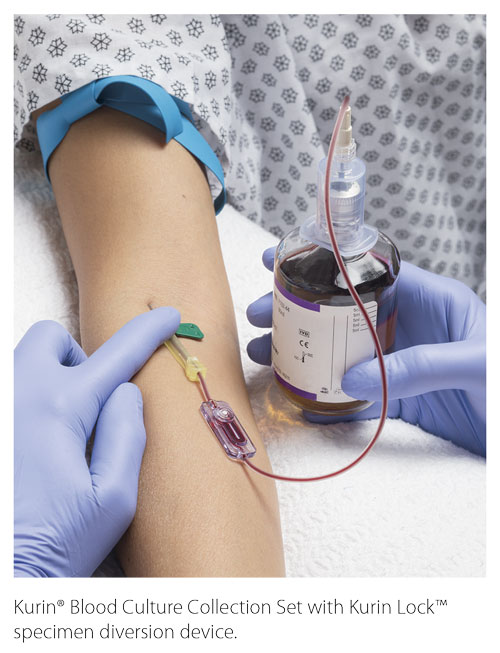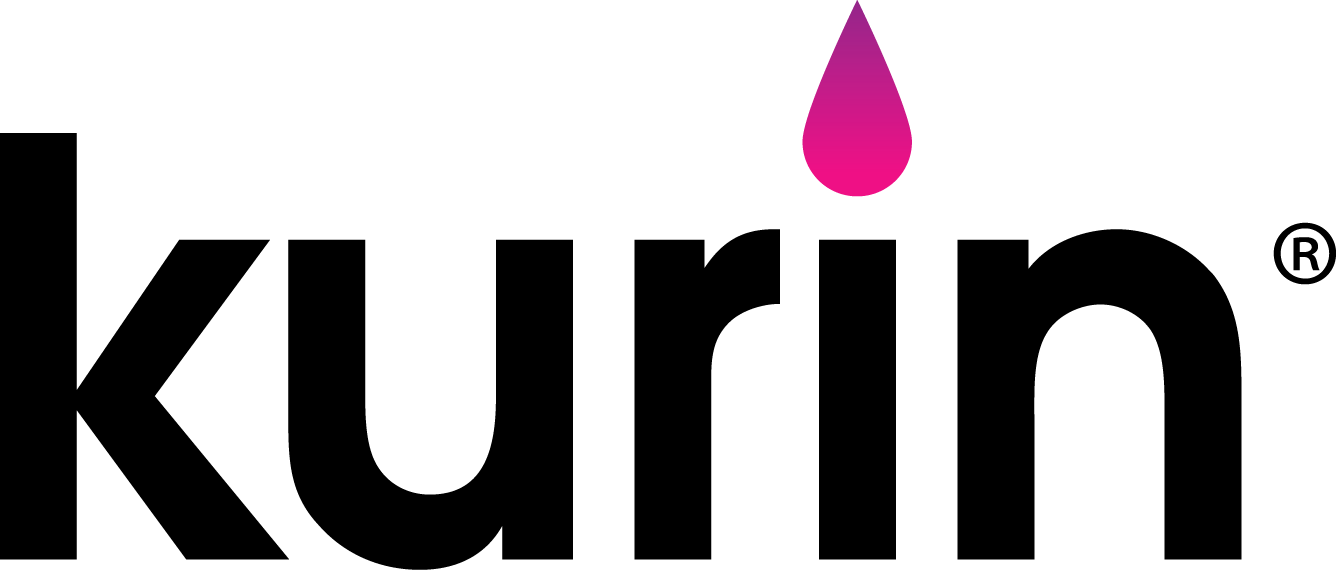Not Your “Average” ED: A CNS-Led Project That Reduced Blood Culture Contaminations in One Emergency Department to Below Expected Levels
 Michael Allain, MS, RN, ACNS-BC, CCRN, Crouse Hospital
Michael Allain, MS, RN, ACNS-BC, CCRN, Crouse Hospital
At the 2018 National Association of Clinical Nurse Specialists Conference, Michael Allain, MS, RN, ACNS-BC, CCRN, emergency services clinical nurse specialist at Crouse Hospital in Syracuse, New York, presented results related to the use of a novel FDA-cleared blood culture collection device that diverts the initial aliquot of blood to help hospitals in their efforts to reduce contaminated blood cultures (CBCs)
According to Allain, contamination makes interpreting results difficult and can cost millions of dollars. To address the issue at Crouse, Allain, in conjunction with the hospital’s phlebotomy manager, implemented strategies to reduce contamination in 2012. They provided department-wide education, limited who drew blood cultures, and closely monitored compliance on monthly basis. The overall contamination rate from 2013-2016 ranged from 2.1% to 1.6%.
In January 2017, the CNS for the emergency department re-evaluated the current state of blood culture collection at the hospital and revised its evidence-based protocol. At the same time, Crouse began using Kurin®, a blood culture collection set with an automated specimen diversion device that diverts skin microbes. Allain reported significant reductions in contaminated blood culture rates and associated costs post intervention. Accounting for the cost of the Kurin device, Allain calculated that the hospital would save more than $185,000 per year.

Allain concluded the abstract acknowledging that even a hospital operating at the acceptable CBC benchmark rate, can further lower their CBC rate with this process improvement inclusive of education, compliance monitoring, and the use of Kurin blood collection device with automated specimen diversion.
1 Horner SD. Top Scoring Abstracts From the 2018 National Association of Clinical Nurse Specialists Annual Conference. Clinical Nurse Specialist. May/June 2018
